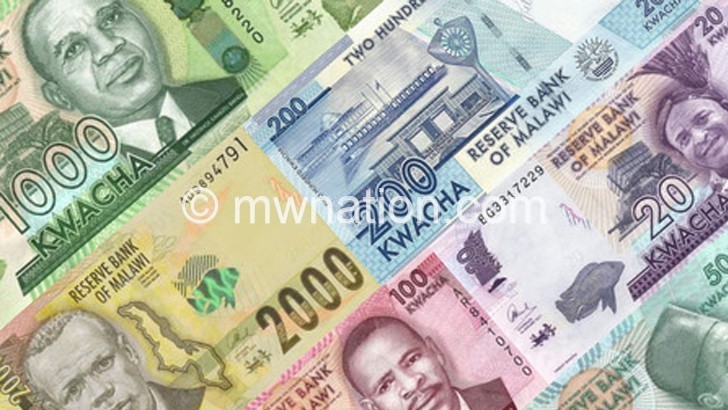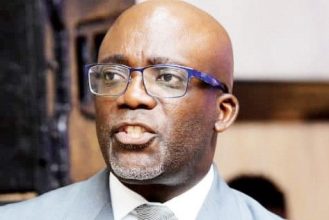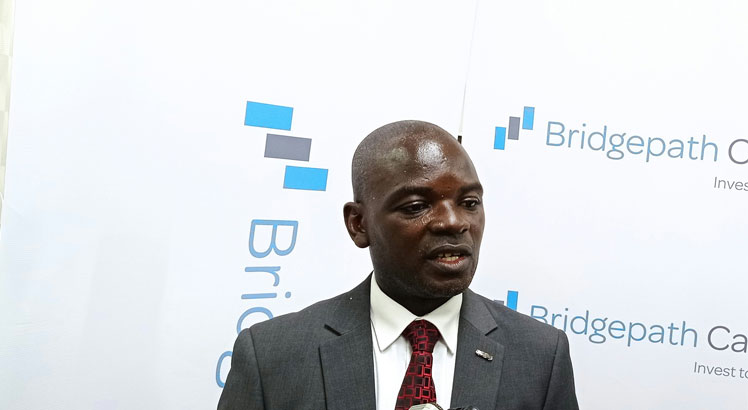Pressure on Kwacha eases
Almost a month after the Reserve Bank of Malawi (RBM) devalued the kwacha by 44 percent, the spread between official and parallel market rates has narrowed to five percent from about 60 percent, Business News has learnt.
RBM, Financial Market Dealers Association (Fimda) and a market analyst have confirmed the development, saying it is an indication that the kwacha devaluation effected on November 9 has been much better than expected.

The devaluation, which was a condition for the Malawi Government to clinch the four-year $175 million (about K297.5 billion) International Monetary Fund (IMF) Extended Credit Facility (ECF) programme, created the expectation that foreign currency will start flowing into the formal market and reduce depreciation pressure on the kwacha.
This means that while the official rate is hovering at K1 700 in Authorised Dealer Banks, on the parallel market, the dollar is trading at around K1 850.
Speaking in an interview on Wednesday, RBM spokesperson Mark Lungu said the aim of the currency adjustment was to correct the misalignment, which he said is being achieved as the spread has narrowed to acceptable margin.
“Going forward, what will determine the exchange rate path is availability of foreign exchange which we are hopeful will greatly improve as the country is now on ECF programme,” he said.
In a statement yesterday, Fimda said the pressure on the currency has reduced as a result of RBM’s monetary policy changes.
The statement said the exchange rate policy regime RBM has adopted allows for the movement of exchange rate where necessary, thereby rendering the parallel market irrelevant.
Reads the statement in part: “We have seen some stability in both the formal and parallel market rates with the gap not increasing as was the case before.”
Market analyst Cosmas Chigwe said in an interview yesterday that at the moment, the market is riding on the wave of expectations created by the ECF programme.
“However, If this is not backed by the actual flow of foreign currency, it will eventually fade and we will be back to square one,” he said.
In the 2023/24 Mid-Year Budget Review Statement, Minister of Finance and Economic Affairs Simplex Chithyola Banda told Parliament that following the ECF approval, Malawi is expected to receive $240 million (about K408 billion) up to the end of March 2024.
He said this is in addition to $146 million (K248.2 billion) from donors through front loading of some project disbursements to cushion the population through purchase of fertiliser, maize, pharmaceuticals and importation of raw materials for the private sector.
Chithyola Banda, however, indicated that the fiscal police, with support from the Financial Intelligence Agency and National Intelligence Service will intensify crackdown on all illegal foreign exchange trade in all markets and in border areas as RBM intensifies foreign exchange compliance inspections.
The RBM devalued the kwacha following the imbalances and the mismatch in the exchange rate in cash and telegraphic transfer.






One Comment